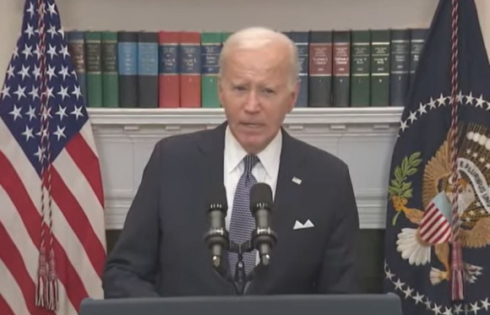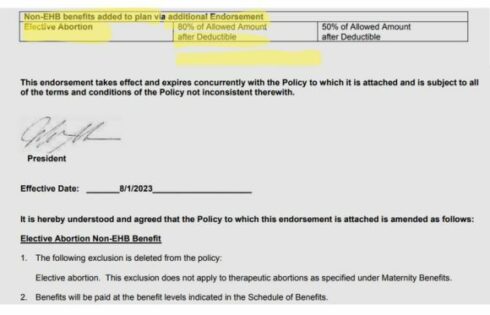
Fixing higher education is like turning the Queen Mary. It’s a slow, arduous process with a very wide arc. But now there’s some hope on that blue horizon.
The 53-year-old federal Higher Education Act is up for reauthorization and there’s some promising amendments proposed for it.
Jenna Robinson with the James G. Martin Center for Academic Renewal offered a great summary of the possible changes in the offing:
First, the legislation repeals outdated and burdensome federal regulations by removing barriers to experimentation and reducing costs. … The repeal of the credit hour definition will give universities more flexibility to determine their own curriculum and to experiment with alternative education models. … The bill’s provisions to repeal or streamline reporting requirements will also bear fruit for universities and families by saving them money.
The bill also proposes changes to streamline and modernize the FASFA application and improve and simplify repayment methods.
Finally, the bill aims to foster innovation.
As Martin Center authors have observed before, the United States’ current system of accreditation fails to ensure quality and protects established institutions from new competition. The Act would change that protectionism by allowing any entity to apply to be an accreditor if it has a voluntary membership and accrediting institutions is its principal purpose. This change would free universities and programs from the stranglehold of change-resistant regional accreditors.
The act also repeals federal regulations for how states authorize distance education. As we have noted before, states require lengthy and expensive authorization processes for online and distance education courses. That’s because, in 2010, the U.S. Department of Education began applying rules intended for traditional brick-and-mortar institutions to online education, making it more difficult for universities to offer online courses across state lines. The PROSPER Act addresses that problem, leaving authorization in the hands of the states.
Of course, the proposed reforms have detractors — those who benefit from the status quo, Robinson points out.
“Over the next few months, the House and Senate will choose which vision to embrace: more of the same high costs—or true reform in higher education,” she wrote.
IMAGE: Shutterstock
Like The College Fix on Facebook / Follow us on Twitter






Please join the conversation about our stories on Facebook, Twitter, Instagram, Reddit, MeWe, Rumble, Gab, Minds and Gettr.